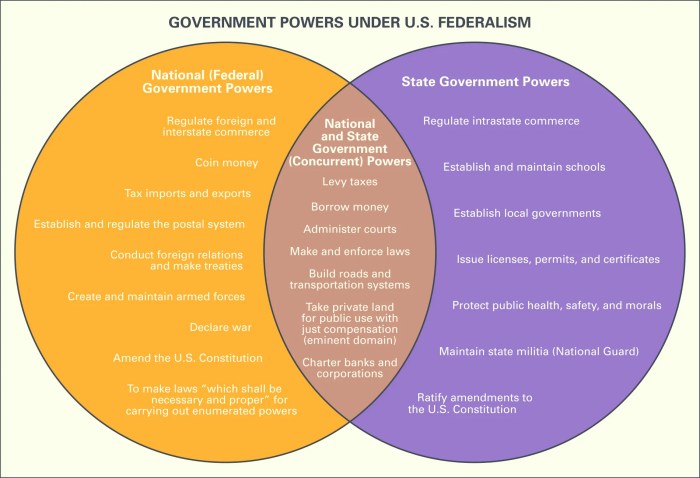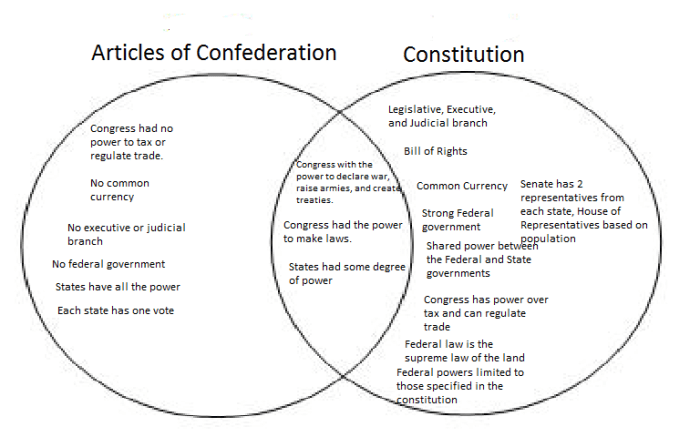At the heart of the Federalist-Anti-Federalist debate lies the “federalists and anti-federalists icivics answer key,” providing insights into the fundamental principles and concerns that shaped the ratification of the U.S. Constitution. This debate not only influenced the development of the Constitution but also left a lasting impact on American politics and government.
The Federalists, led by Alexander Hamilton, James Madison, and John Jay, advocated for a strong central government with limited state powers. They argued that a strong national government was necessary to ensure the stability, security, and economic prosperity of the young nation.
In contrast, the Anti-Federalists, led by Patrick Henry, George Mason, and Samuel Adams, feared that a powerful central government would infringe upon individual liberties and states’ rights.
Federalists

The Federalists were a group of individuals who supported the ratification of the United States Constitution. They believed in a strong central government and favored the creation of a national identity.
Key Federalist Leaders and Their Arguments
- Alexander Hamilton:Argued for a strong national government with a powerful executive and judiciary.
- James Madison:Emphasized the need for a system of checks and balances to prevent tyranny.
- John Jay:Stressed the importance of a strong national defense and a uniform system of laws.
The Federalist Papers, Federalists and anti-federalists icivics answer key
The Federalist Papers were a series of essays written by Hamilton, Madison, and Jay under the pseudonym “Publius.” These essays were published in newspapers and played a significant role in persuading the public to support the Constitution.
Anti-Federalists

The Anti-Federalists were a group of individuals who opposed the ratification of the United States Constitution. They feared that a strong central government would lead to tyranny and the loss of individual liberties.
Key Anti-Federalist Leaders and Their Arguments
- Patrick Henry:Argued that the Constitution gave too much power to the federal government and threatened individual rights.
- Samuel Adams:Advocated for a decentralized government with limited powers.
- George Mason:Insisted on a Bill of Rights to protect individual freedoms.
The Anti-Federalist Papers
The Anti-Federalist Papers were a series of essays written by Anti-Federalists in response to the Federalist Papers. These essays were published in newspapers and argued against the ratification of the Constitution.
Key Issues in the Debate
The central issues that divided Federalists and Anti-Federalists included:
- The power of the central government:Federalists wanted a strong central government, while Anti-Federalists feared its potential for tyranny.
- Individual rights:Anti-Federalists demanded a Bill of Rights to protect individual liberties, which Federalists initially opposed.
- The role of the states:Anti-Federalists believed in a decentralized government with strong states, while Federalists sought a more centralized system.
The Constitution addressed these issues through a system of checks and balances, the inclusion of a Bill of Rights, and a balance between federal and state powers.
Ratification Process

| Tanggal | Peristiwa |
|---|---|
| September 17, 1787 | Constitutional Convention completes its work and sends the Constitution to the states for ratification. |
| December 7, 1787 | Delaware becomes the first state to ratify the Constitution. |
| June 21, 1788 | New Hampshire becomes the ninth state to ratify the Constitution, triggering its implementation. |
The ratification process was a challenging one, with debates and compromises occurring in each state convention. The Federalists ultimately prevailed, but the Anti-Federalists’ concerns led to the addition of the Bill of Rights to the Constitution.
Impact of the Debate
The Federalist-Anti-Federalist debate had a profound impact on American politics and government:
- Shaped the Constitution:The debate led to the inclusion of the Bill of Rights and the creation of a system of checks and balances.
- Established a two-party system:The Federalists and Anti-Federalists evolved into the first political parties in the United States.
- Influenced contemporary political discourse:The issues raised in the debate continue to be debated in contemporary American politics.
Quick FAQs: Federalists And Anti-federalists Icivics Answer Key
What were the key differences between Federalists and Anti-Federalists?
Federalists supported a strong central government, while Anti-Federalists favored limited federal power and strong state governments.
What were the main arguments of the Federalist Papers?
The Federalist Papers argued for the necessity of a strong central government to protect the nation from foreign threats, promote economic growth, and ensure domestic tranquility.
What were the main arguments of the Anti-Federalist Papers?
The Anti-Federalist Papers warned against the dangers of a powerful central government, arguing that it would threaten individual liberties and states’ rights.